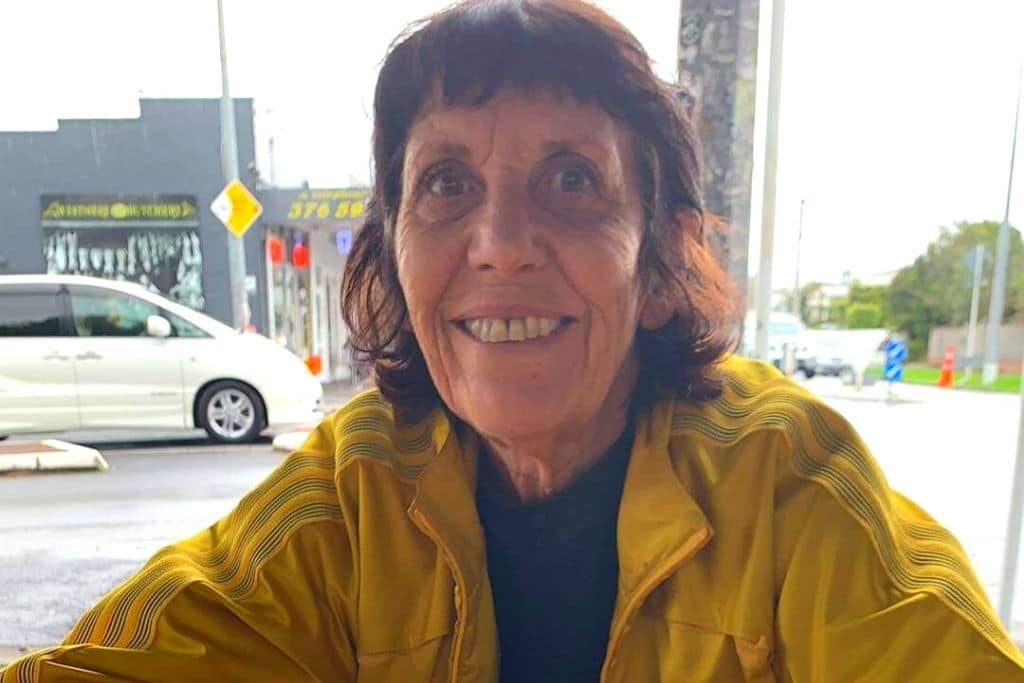These ‘Ask An Expert’ posts are interviews I’m carrying out with trained individuals who come into contact with people struggling with alcohol. The idea is to humanise and demystify the clinical/medical field for us all, to draw information from these kind and knowledgable people, and hopefully in some instances empower us to reach out more for the great help that is available in the community.
Today’s expert is Steph, an Addiction Nurse Specialist working in the DHB Addiction Service in Nelson.
=======
Mrs D: How are you put in contact with patients who need detoxing from alcohol?
Steph: I’m put in contact with people who need detoxing either by referral from other clinicians within the service, contact with GPs or contact with patients in the general hospital.
Mrs D: Why would someone need a detox nurse?
Steph: Because managing withdrawal is a specialised area of care and nurses who train or have experience in this area manage it well.
Mrs D: Broadly speaking what do you do when you are helping a patient detox?
Steph: The process of managing withdrawal is about several things. Anticipating potential physical/mental health problems, managing symptoms by medication and other strategies, managing adverse events (hopefully not very often!), encouragement, support and reassurance. Plus being their cheerleader.
Mrs D: For what period of time are you usually with a patient who is detoxing from alcohol?
Steph: General timeframe is 5-7 days depending on the individual.
Mrs D: How long does it take until they are considered safely detoxed?
Steph: This depends on the severity of the withdrawal and the individual. The person would have an assessment of their current withdrawal risks and previous history and this would inform us about the pattern that their withdrawal might take. Some people get a bit anxious and nauseous for the first couple of days then might only have a few nights disturbed sleep whereas someone more dependant would be at risk of severe GI disturbance, palpitations etc followed swiftly by nasty stuff like auditor or visual hallucinations or even seizures.
Mrs D: What sort of hallucinations, seizures and delirium tremens can patients experience? How dangerous can they become?
Steph: Any hallucinations or seizures are considered dangerous and need treatment. Often we hear people saying that they see shadows move just outside the field of vision or that there are funny shapes/lines in their visual field. Of course you can see animals and insects as well. Auditory hallucinations are often dogs barking, radios playing or people talking just round the corner type of stuff.
Mrs D: How much of a detox nurses role is providing medical support and how much is providing emotional support?
Steph: The deotx nurse role is pretty evenly split between medical and emotional support.
Mrs D: In terms of emotional support, what sort of things do you say to a person who is finding it extremely hard going through a medical detox?
Steph: Emotional support tends to be lots of reassurance that what they are experiencing is transient and will be over soon. There is a strong theme within detox nurses of managing symptoms well to alleviate suffering so no-one should have unrelenting suffering. In the bad old days there used to be a bit of a philosophy that if withdrawal was a bit unpleasant this would ‘make them think twice about drinking again’. Totally unacceptable and inhumane.
Mrs D: Are there any advantages to you helping a patient detox at home or at a medical facility?
Steph: Detox has to happen in a medical facility if risks to health are identified. That’s basic safety. If they are mildly or moderately dependant and home is suitable then it can be a great experience. As a nurse it is lovely to be invited to work with someone in their home and to be able to involve their family or friends. You always form a better relationship and a wider understanding of them as there are fewer barriers.
Mrs D: Are family and friends allowed contact with an individual when they are going through a detox?
Steph: Family and friends are vital to the process.
Mrs D: How can an individual assess whether they’re safe to stop drinking on their own or whether they should detox with the assistance of a nurse? What are the symptoms they should look out for?
Steph: I think it’s safest to say that people should always get some advice about stopping drinking and the risks involved. I’d advise them to call the A&D Helpline or talk to their GP. Or even call their friendly A&D service!
Mrs D: If someone stopped drinking on their own and experienced some of these symptoms alone, what steps can they take to look after themselves?
Steph: There are lots of simple remedies/tactics to help ease withdrawal symptoms. Matua Raki have a great booklet which we use all the time called – Managing your own Withdrawal.









Hi Chris
Thanks so much for telling us about your experience and how helpful Antabuse has been for you. It certainly seems to have provoked an aversive response to alcohol! I think it’s a great suggestion to have further discussion about Antabuse and other medication which can be helpful.
Well done for getting off the booze. One thing I know is that you will feel better and will be back to a ‘fully functioning’ person soon. It’s important to remember that we don’t call this process Recovery without good reason…remember to give yourself a break 🙂
All the best,
Steph
Hi Steph
I tried to give up drinking many times over the last 5 years. My search for support is how I came across Mrs D. I have never been able to make it long lasting until now. Last drink Friday 8 December. A few months ago I had started to notice that I was needing more and more alcohol to keep functioning – read some stuff about high functioning alcoholics and realised I was on a downward cycle. My GP roused on me about my weight gain and high blood pressure. I was finding it more and more difficult to stay on top of my game. Ten years of over functioning to keep a roof over my head and food on the table for my two kids was taking its toll. My GP referred to me an addiction specialist who put me onto Ant Abuse. It has been an amazing success. I don’t read about it match on sites like this. I tried to have a few sips of alcohol over the Christmas period. My family are used to an over functioning mum – one who can just make everything happen. I used to use alcohol to fuel this over functioning. When I found I was drowning in trying to keep up the food supply over Christmas I tried to have sip of alcohol to give me some energy. I had been warned about the side effects. Mumma Mia. The impact of alcohol and Ant Abuse was horrid. I only had two goes at sipping alcohol on Ant Abuse and the result is that my brain has changed its association with alcohol. When I look at it now, it only connects with the horrendous feeling that alcohol and Ant Abuse created. I am tired and I can’t deliver the “level of service” my family are used to. They are 200% behind my decision to stop drinking. I took a month off work to focus on getting well. Go back Monday. Feel a tad nervous about the work environment as they are also used to me being a dynamo and over functioning person. Have a really supportive team and boss so I am sure it will all turn out OK. I have no desire to resume drinking for any reason. Thank you Ant Abuse. Is this something that you could discuss as an option when Mrs D talks to you for the Ask an Expert blogs??
Thanks Chris